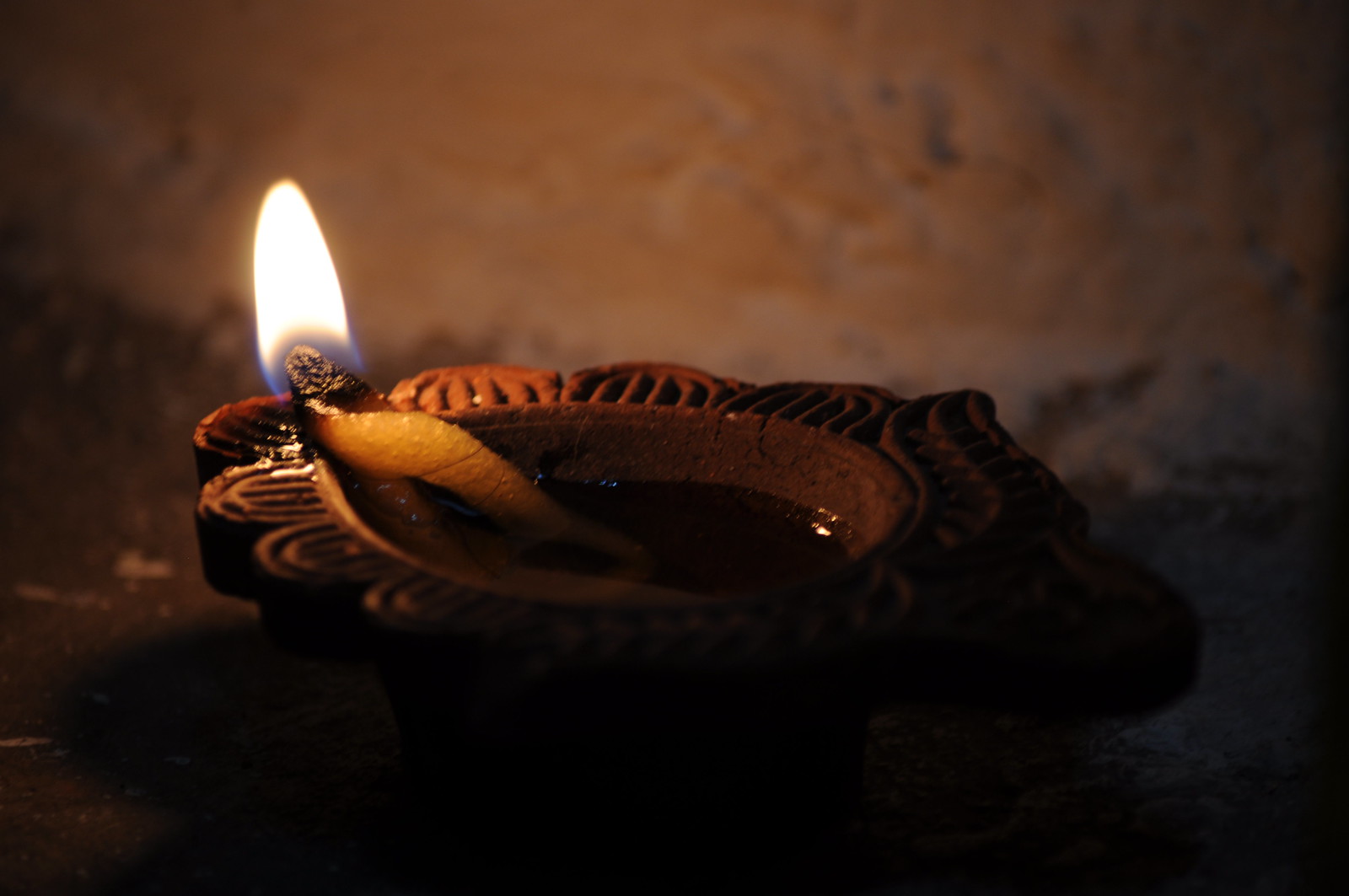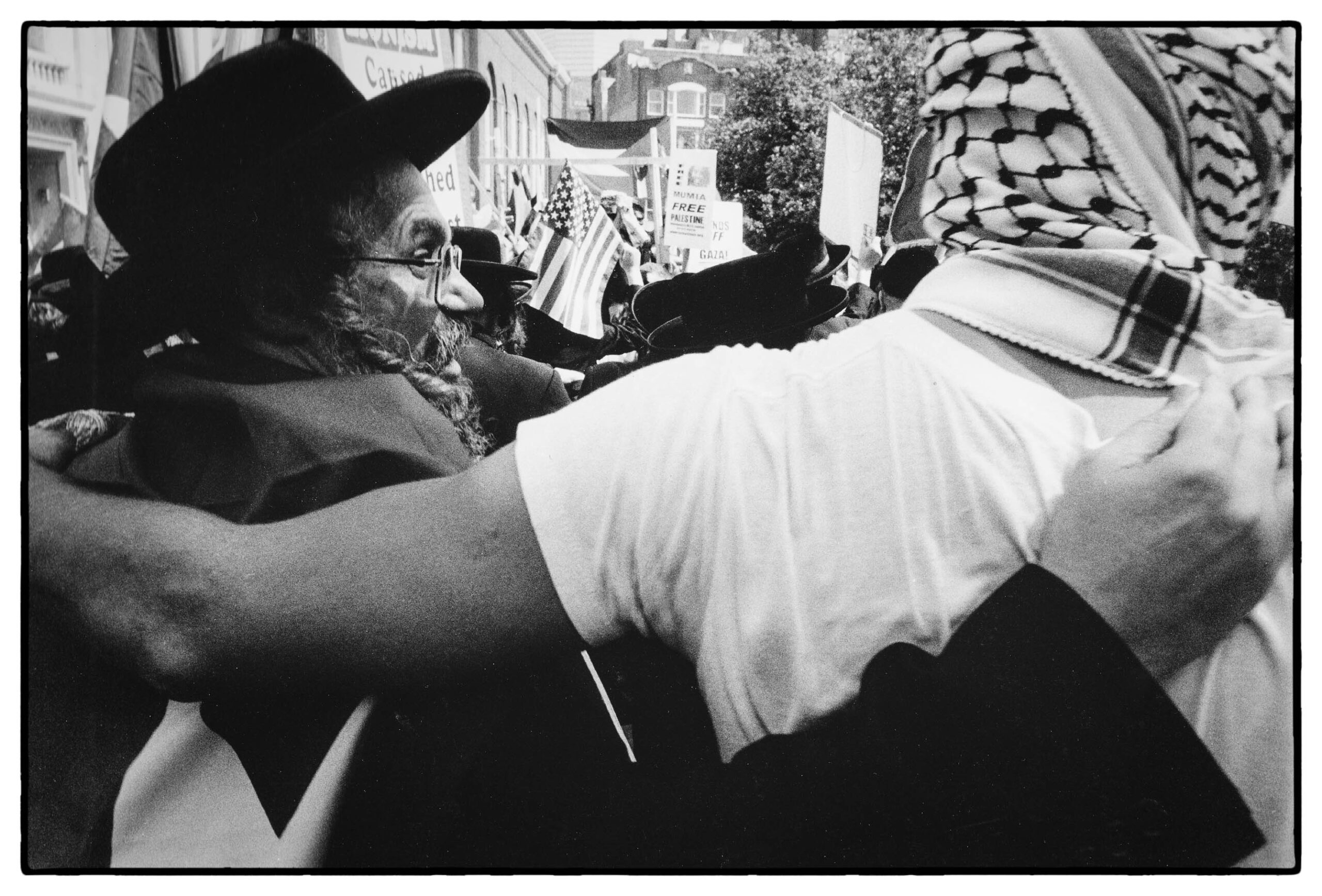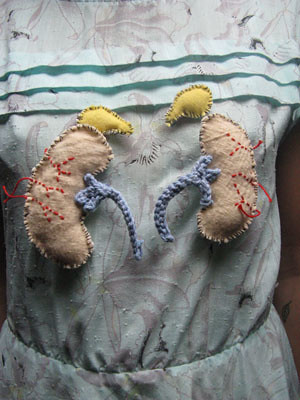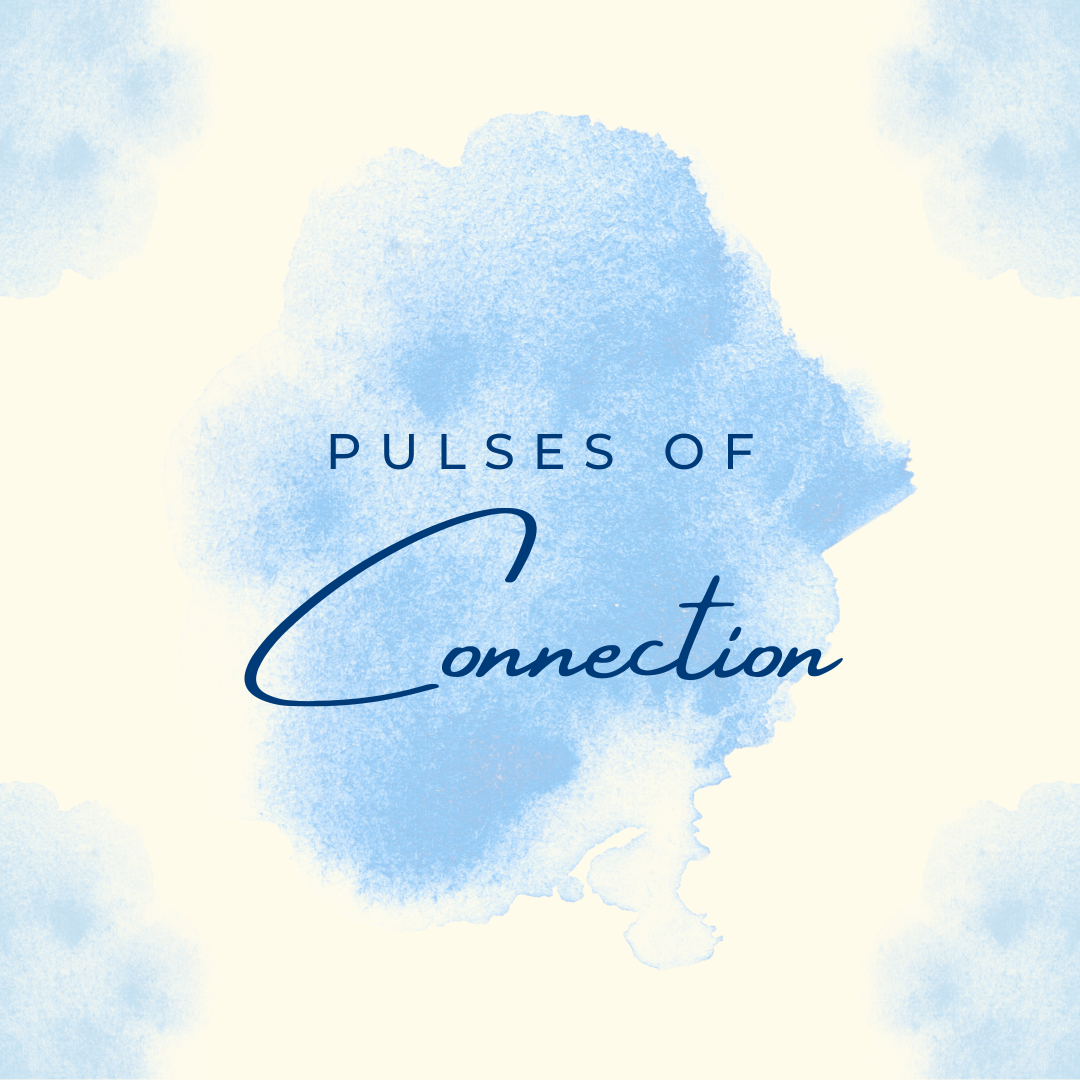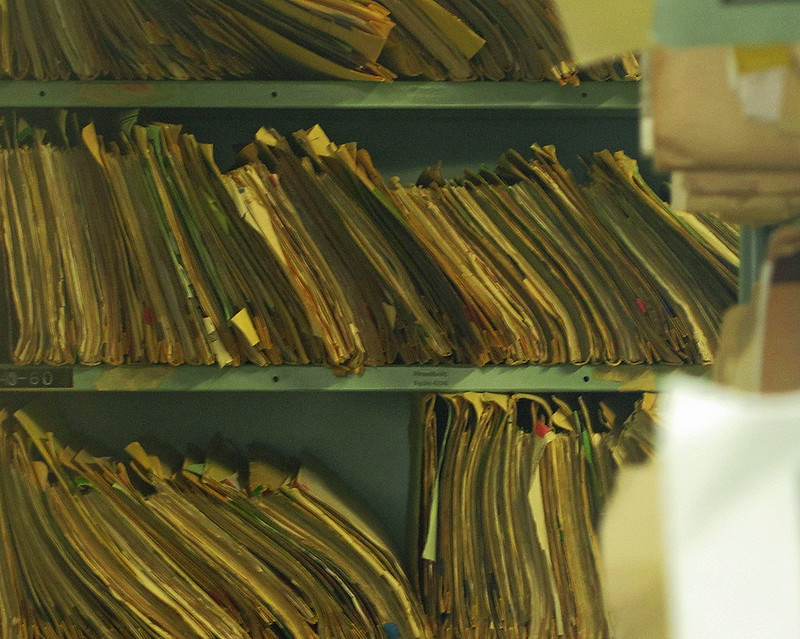Dead or Alive: A Student’s Experience
“That doesn’t happen often,” I quietly but excitedly say to myself while discussing our consult from the PICU. My attending hesitates, pondering the precarious balance between encouraging my medical curiosity and protecting me from the horrors of child abuse and mistreatment that still haunt her to this day. That day, I was a first-hand witness to the necessary but horrible clinical task of a brain death exam. This task is a rite of passage for …


